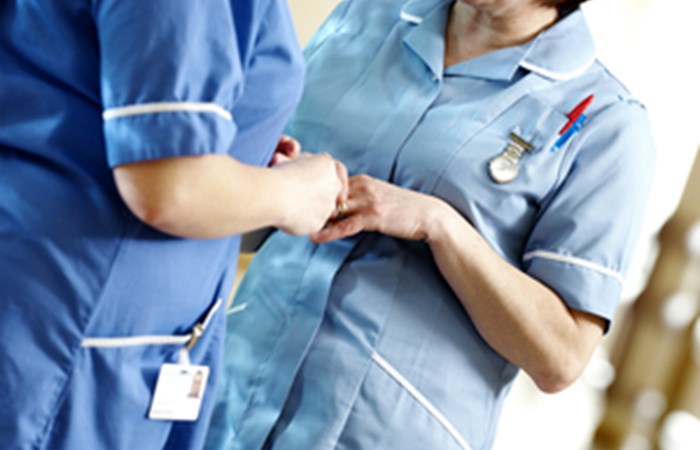Department Of Health

- Travel and accommodation support for healthcare students to be raised by 50% as part of government efforts to boost training
- Uplift will mean students are appropriately reimbursed for cost of travelling for clinical placements
- Follows publication of NHS Long Term Workforce Plan which committed to huge expansion of education and training places
Eligible students on nursing, midwifery, allied health professions, medical and dental courses will be able to claim 50% more for travel and accommodation expenses while more students from low-income families will be given financial help, the government has announced today (Friday 1 September).
Students will be able to claim more money for any trips taken as part of their training, such as clinical placements in hospitals. For example, a student who travels 1,000 miles by car or motorcycle during their placement will now receive 420 compared to 280 under the previous rates.
The government will also raise the means testing threshold for the NHS Bursary Scheme raising the amount a students parent or partner can earn before they are eligible for support from 24,279 to 26,076.
Minister of State for Health Will Quince said:
Working in the NHS is incredibly rewarding and we want to ensure a diverse range of students can pursue a career in nursing, midwifery or medicine.
We have therefore listened to students concerns and are taking action to ensure they are appropriately reimbursed for any additional costs of travelling for clinical placements, as well as boosting means tested and childcare support for medical students.
Ahead of the biggest ever expansion of education and training places as part of the NHS Long Term Workforce Plan, this will help to support the next generation of NHS staff in their training.
Todays increase comes on top of existing support including a non-repayable training grant for eligible nursing, midwifery and allied health professional students of 5,000 per academic year, plus up to 3,000 available for childcare support or those studying certain specialisms, such as radiography or mental health nursing.
The changes will come into effect from today, in time for the 2023 to 2024 academic year.
The 50% increase in travel and accommodation costs will include:
- travel on the students own pedal cycle: from current 20p to 30p per mile, for general maintenance and wear and tear.
- travel in or on the students own motor vehicle: from current 28p to 42p per mile
- commercial accommodation such as a hotel or bed and breakfast: from current 55 to up to 82.50 per night
- non-commercial accommodation, including staying with a friend or relative, but not parents: from current 25 to up to 37.50 per night
Changes to the NHS Bursary Scheme for medical students will:
- Uplift the means-testing threshold to 26,076 from 24,279. This is the amount a students parents or partner can earn before their income becomes deductible from the students means-tested bursary, and will increase the amount of means-tested funding available to support medical students.
- Uplift childcare allowance to align with the rates provided by the Department for Education for earlier years of study, meaning medical students will be able to claim more support for childcare costs, where needed.
The NHS Learning Support Fund (LSF) provides non-taxable and non-repayable funding to eligible nursing, midwifery, and allied health professional (such as paramedics or physiotherapists) students on pre-registration healthcare courses. The NHS Bursary provides funding support to eligible medical and dental students.
The NHS Bursary travel and dual accommodation rates have remained unchanged since 2015, and the LSF rates since its inception in 2017.
The NHS Long-Term Workforce Plan, backed by over 2.4 billion of funding for the next five years, will help to train more staff and retain dedicated existing staff to help cut waiting lists, one of the governments top give priorities. It will also reform the way we work, including by embracing the very latest technological innovations.
By 2031, as part of the biggest ever workforce training expansion in NHS history, undergraduate medical school training places will double to 15,000 a year with more places targeted in areas with the greatest shortages to level up training and tackle health disparities. As part of this the government will be working with the General Medical Council to create new medical schools.
Adult nursing and midwifery training places will also nearly double, with more than 24,000 additional places a year.
The NHS will ramp up the number of apprenticeships so students can earn while they learn - widening opportunities to start a career in the NHS beyond traditional training routes. As a result, nearly a fifth of all clinical staff will train through apprenticeship routes by 2030, up from just 7% today. Up to 2,000 people a year will also achieve university medical degrees through an appren
